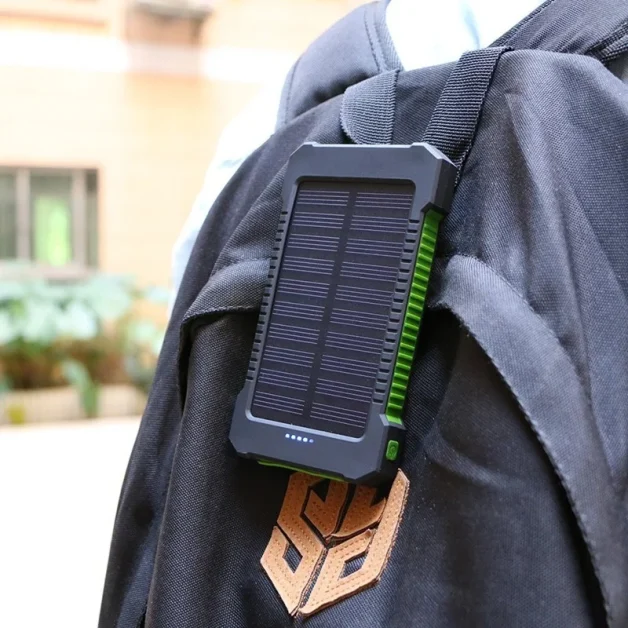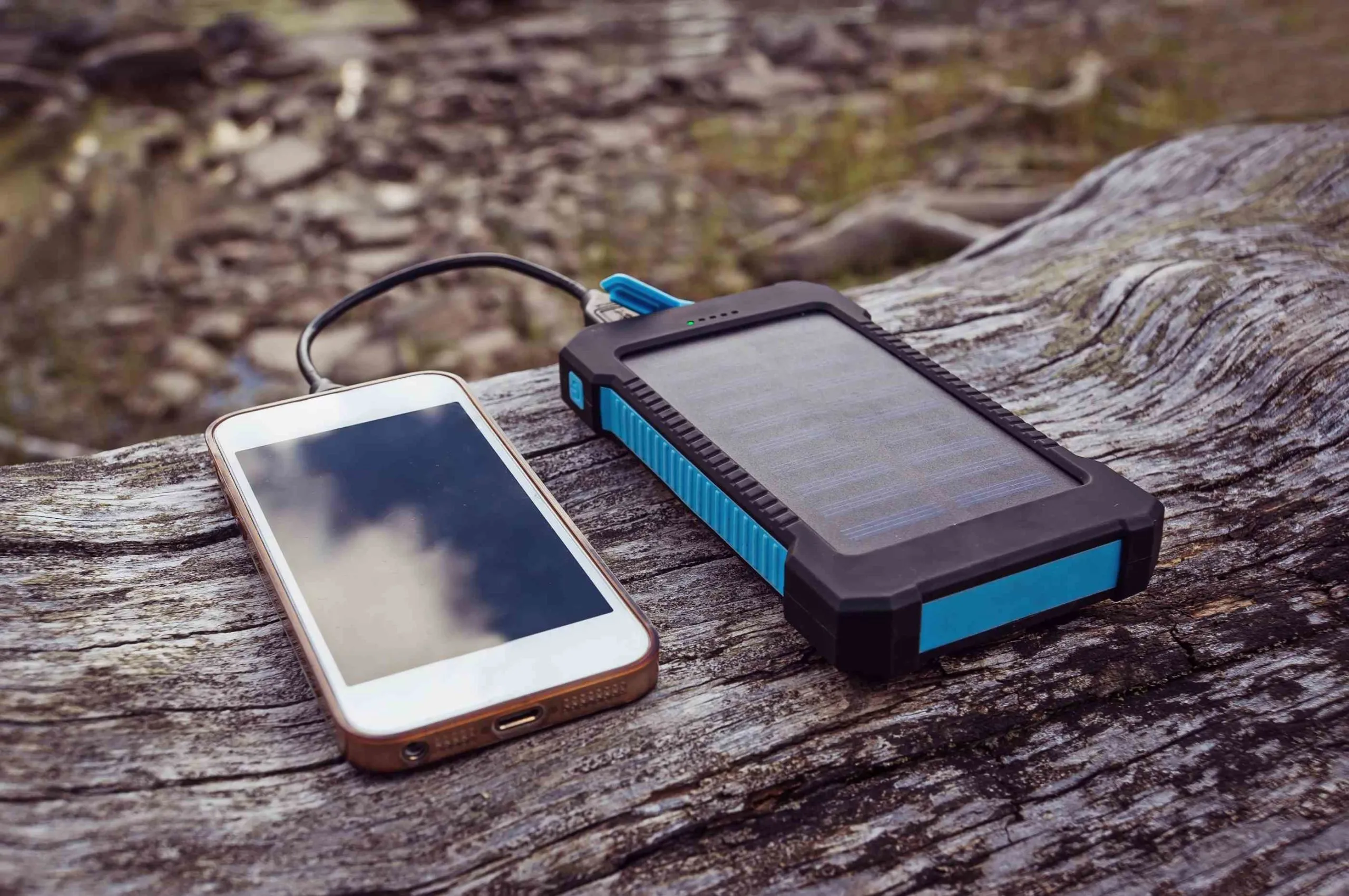Tests of power banks that recharge using solar energy show that these accessories do not deliver everything they promise. They take a long time to convert sunlight into battery charge, which makes them very difficult to use.
The latest publication to touch on the subject is ZDNet. Editor Adrian Kingsley-Hughes said he had tested dozens of such power banks, purchased from online retailers and also from camping and adventure stores. None of them performed satisfactorily and none were recommended.

One problem with this type of product is that you have to place the battery and panel in the sun. In ZDNet’s tests, the devices reached 80°C, which can be dangerous for lithium-ion batteries.
In addition to the safety risk, there is the efficiency issue. At this temperature, the controller stops recharging, which negates the supposed benefit of this product. ZDNet says it left the power banks in the sun for days and they never recharged beyond half capacity.
The publication’s tests were not the only ones to show disappointment with this type of product. On Reddit, several threads on the subject point to the same problems: slow charging and excessive heating.
Foldable solar panel is an alternative to power bank
One of the limitations of solar-powered power banks is their size: the panel is too small to capture enough light. One way around this is with a foldable solar panel. Many models even come with a USB output, making it easier to recharge smartphones and other gadgets.
These products are larger, about the size of a briefcase, and more expensive. Abroad, Wirecutter and CNN listed devices that cost between $100 and $200 and are equivalent to 20W to 100W wall chargers, which should be more than enough to charge phones, tablets or similar devices. In Nigeria, it is a little harder to find them.
Source: ZDNet.
